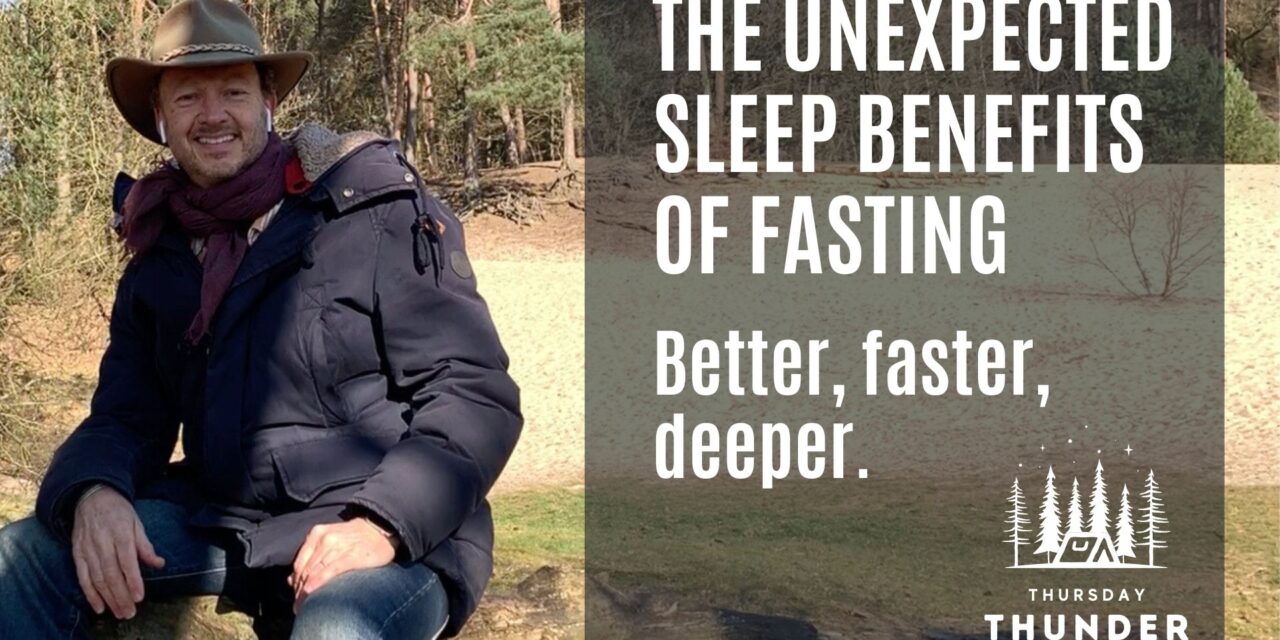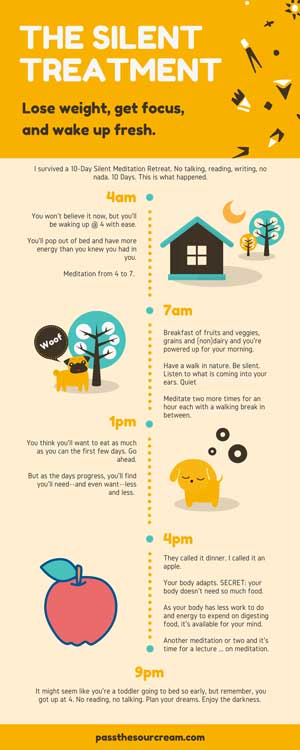
Exploring the Potential Sleep Benefits of Fasting: A Beginner’s Guide

Discover how fasting might improve your sleep quality and energy levels, even if you’re new to the concept.
[ https://youtu.be/cWtsfoVTcBo ]
Fasting has been practiced for centuries for various reasons, including religious observance and potential health benefits. While many associate fasting primarily with weight loss or metabolic changes, there’s growing interest in its effects on sleep quality. As someone new to the concept, you might be wondering what this could mean for you.

The Reported Sleep Benefits
Some individuals who have tried fasting report several changes in their sleep patterns:
- Easier time falling asleep: Some say they drift off more quickly when fasting.
- Reduced sleep needs: Interestingly, some report needing less sleep overall.
- Deeper sleep: Many describe their sleep as more restful and refreshing.
- Vivid dreams: An increase in dream vividness and recall is sometimes noted.
- Waking up more easily: Some find it easier to get out of bed in the morning.
- Balanced daytime energy: Many report more consistent energy throughout the day.
While these effects sound promising, it’s important to remember that everyone’s experience with fasting can be different.
The Science Behind It
Researchers are still exploring the connections between fasting and sleep, but there are some theories:
- Circadian rhythm: Fasting might help reset our internal body clock, potentially improving sleep-wake cycles.
- Reduced inflammation: Some studies suggest fasting can lower inflammation, which might contribute to better sleep quality.
- Hormonal changes: Fasting can affect hormones that influence sleep, such as melatonin and cortisol.
Considerations for Beginners
If you’re intrigued by the potential sleep benefits of fasting but feeling cautious, here are some things to consider:
- Start small: You don’t have to jump into a long fast right away. Even short fasting periods, like 12-16 hours overnight, might have benefits.
- Listen to your body: Pay attention to how you feel. If fasting makes you feel unwell, it’s okay to stop.
- Stay hydrated: Drinking water is usually allowed during fasts and is important for your well-being.
- Consult a healthcare provider: Before trying any new health practice, especially if you have existing health conditions, it’s wise to speak with a medical professional.
- Be patient: Any effects on sleep might not be immediate. Give your body time to adjust to new eating patterns.
- Consider your lifestyle: Think about how fasting might fit into your daily routine. It shouldn’t cause undue stress or disrupt your life significantly.

A Personal Perspective
While I haven’t personally tried an extended fast, I’ve spoken with individuals who have. One person shared their experience of a 24-day juice fast, reporting easier and quicker sleep onset, needing less sleep overall, experiencing deeper and more refreshing sleep, having more vivid dreams, waking up more easily, and feeling more balanced energy throughout the day.
It’s important to note that such an extended fast is not typically recommended for beginners and should only be undertaken with proper guidance and preparation.
Conclusion
The potential sleep benefits of fasting are intriguing, but it’s a practice that requires careful consideration, especially for newcomers. While some report positive changes in their sleep patterns and overall well-being, it’s crucial to approach fasting with caution and awareness.
If you’re curious about how fasting might affect your sleep, consider starting with small, manageable fasting windows and paying close attention to how your body responds. Remember, good sleep can be influenced by many factors, including diet, exercise, stress levels, and sleep environment. Fasting might be one tool in your toolkit for better sleep, but it’s not the only one.
As with any significant change to your diet or lifestyle, it’s always best to consult with a healthcare professional before beginning a fasting regimen. They can provide personalized advice based on your individual health needs and goals.





























Trackbacks/Pingbacks